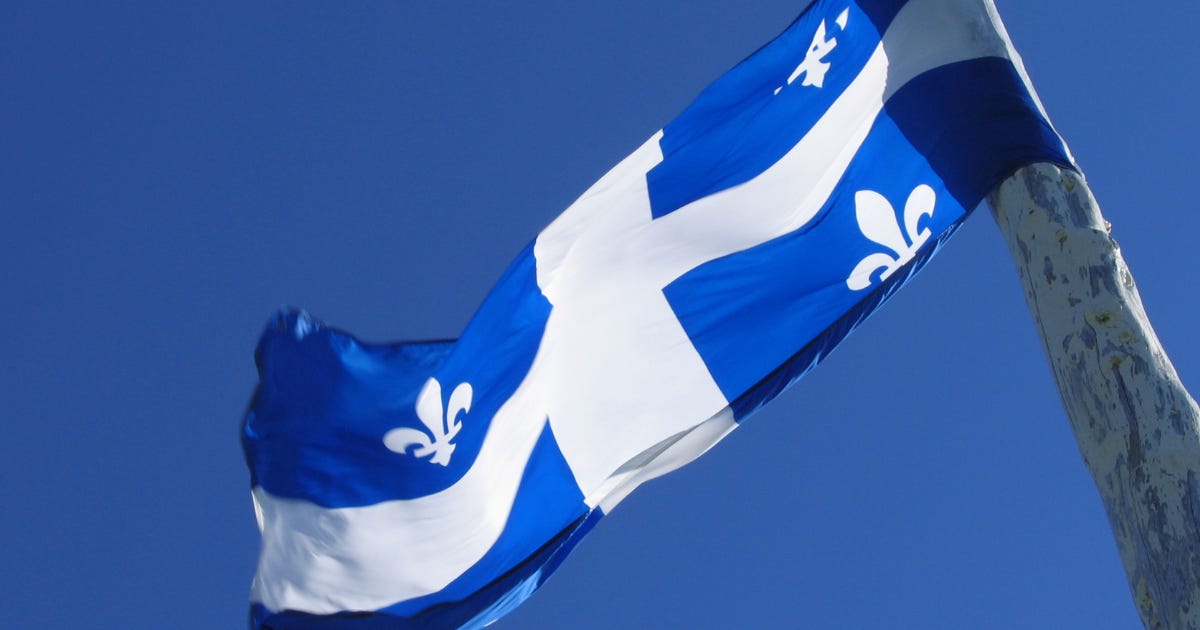First Nation files $5B claims over Quebec “ancestral” lands
While homeowners in Richmond fight to keep their property, an Algonquin First Nation in Quebec has launched a massive land title claim, sparking a cross-country battle over ownership.
While homeowners in Richmond fight to keep their property, an Algonquin First Nation in Quebec has launched a massive land title claim, sparking a cross-country battle over ownership.
Kitigan Zibi Anishinabeg First Nation Chief Jean-Guy Whiteduck says his people must have a say in how water, wildlife and forestry are managed across their traditional territories in Western Quebec.
Whiteduck argues that reconciliation cannot be fully realized until that happens.
The claim covers eight distinct areas, including islands in the Ottawa River, Gatineau Park and adjoining lands in the city of Gatineau, two harvesting zones in the Gatineau regional county, the Papineau-Labelle wildlife reserve, the Baskatong Reservoir, and several areas flooded during construction of the Mercier hydroelectric dam in 1927.
The $5 billion lawsuit also targets the Canadian and Quebec governments, and the National Capital Commission, a Crown corporation responsible for the Ottawa-Gatineau region.
The lawsuit seeks compensation for past harms the parties allegedly committed against the community and its ancestors, particularly through the loss of land, profits, opportunity, and culture.
If successful, the case could make Kitigan Zibi Anishinabeg the first Indigenous community in the province to have its title over traditional territories recognized by the court.
Only four other First Nations, all in British Columbia, have reached that milestone.
In August, for instance, the B.C. Supreme Court declared the Cowichan Tribes held title over about 750 acres on the Fraser River in Richmond. The province has since announced it intends to appeal.
On the heels of that decision, city officials in at least one Metro Vancouver municipality awoke Wednesday to a new task: combating fraudulent reports that local property owners were at risk of losing their homes—a claim once thought unbelievable.
The premise would have been almost unthinkable at any other time in Canadian history. However, it came just one sleep after a packed Richmond town hall where the mayor, attorney general, city lawyers and multiple residents voiced concern that private property rights were no longer legally sacrosanct following a recent B.C. Supreme Court ruling on Aboriginal title.
By Wednesday morning, a supposedly fraudulent letter circulating in North Vancouver appeared to exploit that uncertainty.
The letter, styled as an official government notice, falsely warned homeowners that land in the region could soon be subject to Indigenous title claims and urged recipients to take unspecified “protective steps.”
Local officials quickly denounced the document as a hoax.
“Alert,” began the statement. “There is a fraudulent letter being circulated as if it were issued by the City of North Vancouver re: Indigenous land and title. This letter was not issued by the City or any of its partners. If you have received this letter or see it online please disregard.”
While the City of North Vancouver’s official X account called it “inauthentic,” a “fraudulent letter” widely shared on social media closely resembles an authentic letter sent to Richmond residents. That letter was sent days before a town hall meeting where residents were told their private property rights were “suspended in a state of legal limbo.”




of course, now every Indian tribe in Kanada will want to claim every square inch of land that exists. Logic needs to return, else we're headed to a civil war over this.
Awesome! And of course, after we pay the Algonquins 5 billion dollars, they will, surely, turn around and give that money to the Iroquois - or whoever they stole the land from.
We are governed by morons and unless we change that, and soon, our country is doomed.